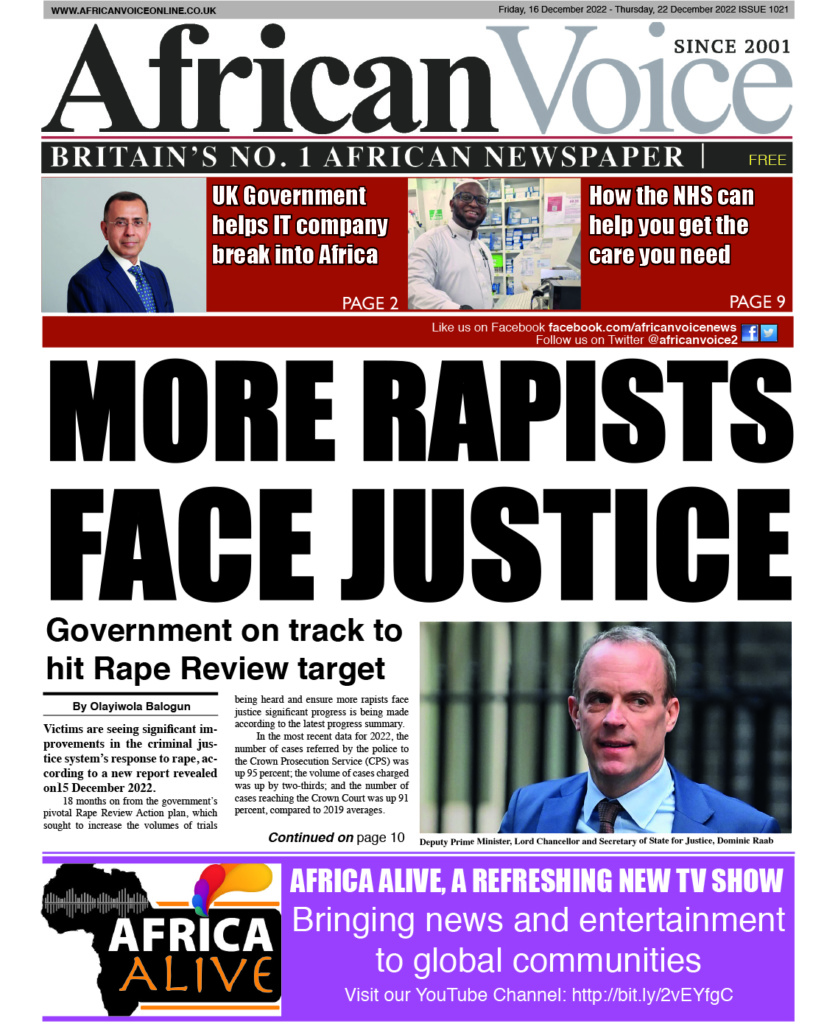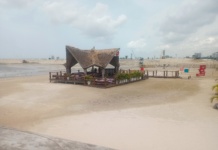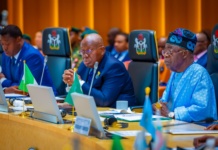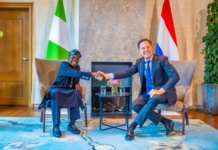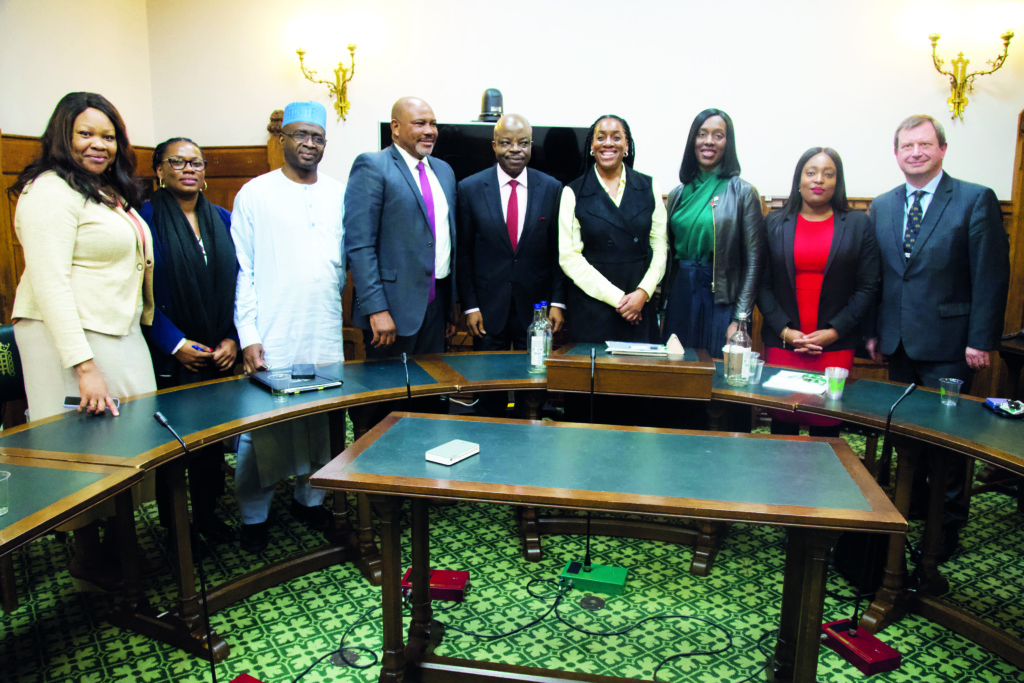
By Milton Tella – The High Commissioner of Nigeria to the United Kingdom, His Excellency, Ambassador Sarafa Tunji Isola OFR, has called on the UK Parliamentarians to see Nigeria as a strong partner to secure Africa and the Commonwealth.
In his keynote remarks to the All-Party Parliamentary Groups (APPG) at the House of Commons, London on Tuesday 29 November 2022, Ambassador Isola traced the history of Britain and Nigeria to the colonial days.
He said, “Nigeria has a special relationship with Britain by virtue of colonial history. Nigeria and Britain have been trading partners since 1886. Britain is second home to many Nigerians. Nigeria is governed on the rule of law anchored on common law derived from Britain from colonial days up till today.”
He commended the founders of the APPG, an independent and cross party members of parliaments and called upon Britain to cherish and nurture the relationship with Nigeria and should never allow it to go into disarray.
He said, “The United Kingdom has the responsibility to keep the relationship intact. After Brexit, the Commonwealth needs to be developed as a multilateral institution, to achieve a more visible and relevant global Britain. African nations have critical roles to play in this objective. Nigeria is indispensable in this direction because of population and economic importance. Nigeria is the largest economy in Africa.”
“Some of the greatest challenges and threats to Nigeria, are misinformation, disinformation and malinformation. Misinformation is false or inaccurate information, especially that which is deliberately intended to deceive.
Disinformation is information deliberately created to mislead, harm or manipulate a country. Malinformation is information based on a fact but used out of context to mislead, harm or manipulate. Citizens of our country and foreigners are both guilty of deploying these instruments of destruction.”
“It is important to stress that Nigeria is a unique country and must be understood from this important perspective, a country of 225 million people with 250 ethnic groups and 500 distinct languages. This complexity is unique and quite challenging.
Ambassador Isola touched on the perspective of the House of Lords on the challenges of Nigeria as a nation. He listed four security challenges in Nigeria. First is Boko Haram, a global terrorist organisation arising from the Sahel region. Second is the settlers and herders conflict, which is as a result of the dying up of the lake Chad basin. Third, is violence in the Niger Delta as a result of resource control.
He said, “Successive Nigeria government has engaged in dialogue to assuage the concerns of the people in the Niger Delta. The oil companies are involved in Corporate Social Responsibility to alleviate the challenges.
Lastly, piracy in the Gulf of Guinea, which is an international crime. He said, the International Maritime Organisation has acknowledged the marked improvement in the efforts of Nigeria in these areas.
“Unfortunately sustained propagandists have always put all the blame of insecurity on the Federal Government of Nigeria.
Nigeria requires help from our friends to more effectively manage these challenges.
It is important to stress that issues affecting Nigeria have serious international dimensions that must be understood by our allies.
Nigerian is currently 65% of the GDP of ECOWAS countries consisting of 15 nations, Benin, Burkina Faso, Cabo Verde, Côted’Ivoire, The Gambia, Ghana, Guinea, Guinea-Bissau, Liberia, Mali, Niger, Nigeria, Senegal, Sierra Leone, and Togo.
The world, especially the United Kingdom and key allies, have a duty on the stability of Nigeria as its destabilisation will lead to catastrophic consequences in Ecowas and its effect on Europe will be unimaginable.
Britain should exercise utmost restraint in making volatile policy statements relating to religion, ethnicity and other volatile issues in Nigeria.
We need the support and understanding of the House of Commons and the APPG on Nigeria.
“I would therefore wish to plead with the distinguished members of the House of Commons to always verify information received on Nigeria from many unofficial sources. The British High Commission in Nigeria, the Foreign, Commonwealth and Development Office (FCDO), The Commonwealth, the Office of the National Security Adviser in Britain, and credible Non-Governmental Organisations (NGOs) are veritable sources of information on Nigeria available to the House of Commons and the Nigeria High Commission London will be readily be available and can be easily accessed.”
During the Q & A session, Ambassador Tunji Isola used the opportunity to interact with the British Nigerians in attendance, sought the support of the politicians for British investment in Nigeria, requested for supply of weapons as needed and recommended the setting up of a bilateral Commission to deepen the current British Nigeria relationship.
All-Party Parliamentary Groups (APPGs) are cross-party groups formed by MPs and Members of the House of Lords who share a common interest in a particular policy area.
Kindly follow us on twitter:@AfricanVoice2
